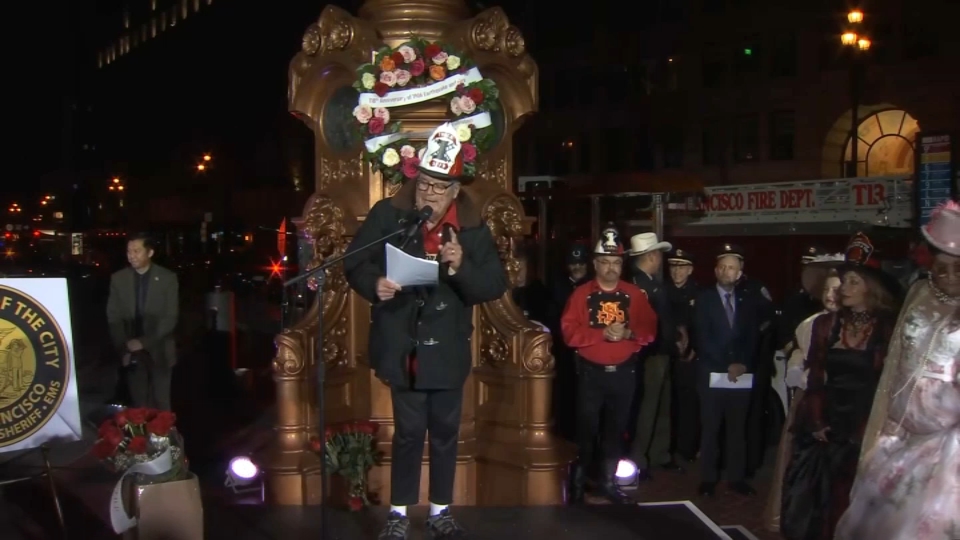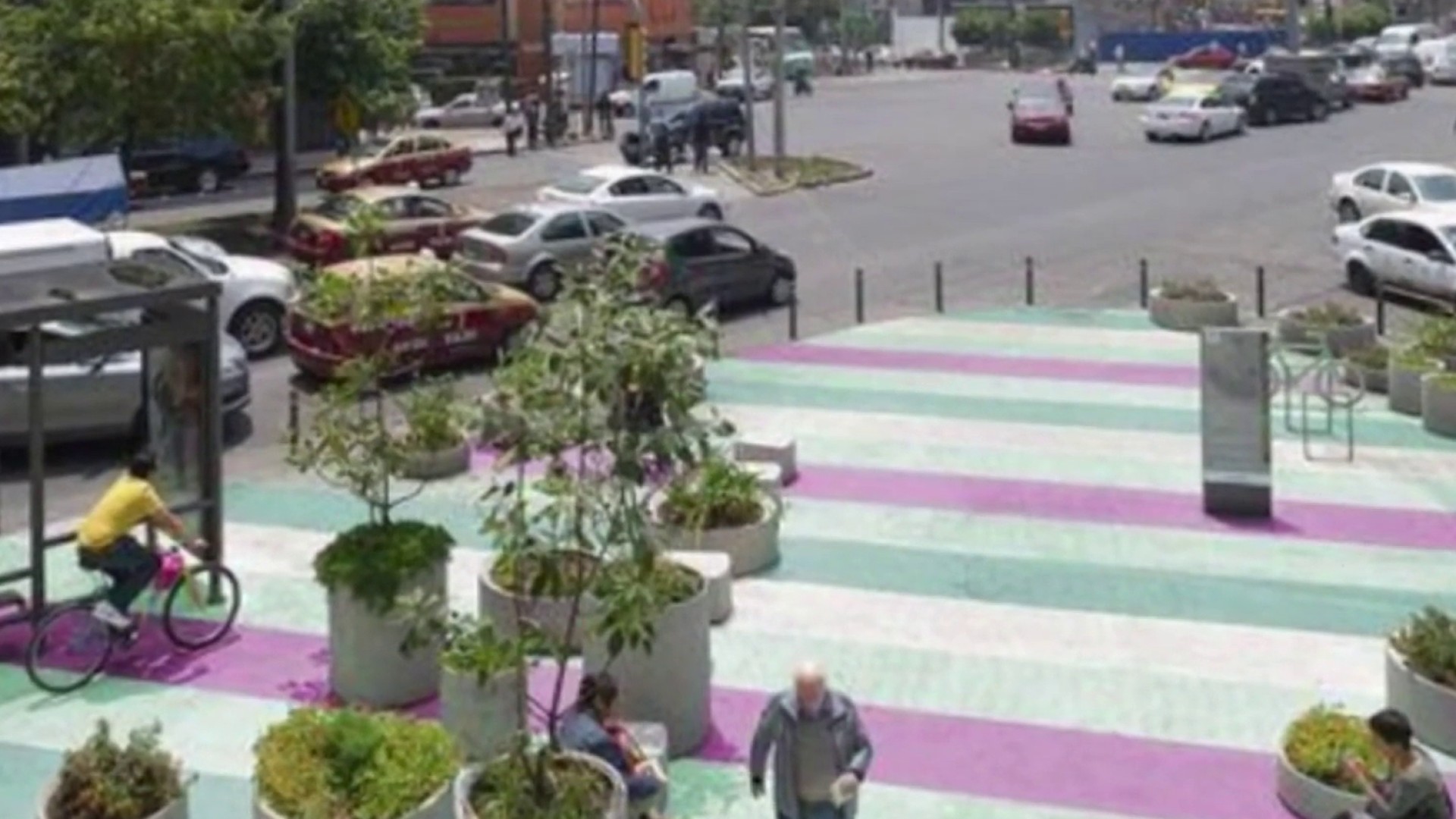Donors in the South Bay, angry over state mismanagement of park funds, are demanding the return of hundreds of thousands of dollars they gave to keep Northern California’s largest state park operating.
The Coe Park Preservation Fund, based in Scotts Valley, donated $279,000 earlier this year to prevent the closure of rugged, 87,000-acre Henry W. Coe State Park, located about 30 miles south of San Jose.
“We’re going to ask for the return of the $279,000 back to the Coe Park Preservation Fund,” said Dan McCranie, treasurer of the group’s board.
If the money is returned, the group plans to offer refunds to its donors.
The state, however, says it has no obligation to refund the money. “As it stands, there is no legal mechanism to actually return the money,” said Richard Stapler, spokesman for the state Natural Resources Agency, which oversees the California Department of Parks and Recreation.
But in an email, Stapler wrote that the agency does not rule out the possibility of a compromise. “We are very eager to speak with the Coe folks,” he said.
On Sept. 25, Gov. Jerry Brown signed AB 1478, which prohibits the parks department from closing or proposing the closure of any park from now until July 2014.
Local
Last year, the parks department announced plans to close Henry W. Coe State Park, along with 69 other parks, after the state cut the department’s budget by $22 million. Nonprofit groups, municipalities and county governments around the state responded by coming up with millions of dollars to keep many of those threatened parks open, at least temporarily.
Yet, the department was actually sitting on a hidden surplus of almost $54 million. About $20 million was in the state Parks and Recreation Fund, which comes mainly from fees paid by park goers. Another $34 million was found in a fund for off-road vehicles and can only be spent on parks that allow them. The Sacramento Bee reported on the funds in July, and three of the department’s top officials resigned or were fired.
By the time the surplus came to light, the Coe Park Preservation Fund had already given the department its $279,000. The May donation was the first installment under a three-year agreement [PDF] to help staff the park. In addition to obtaining a refund, the donors want to dissolve their agreement with the state.
“That money was given to the park for a specific purpose,” said board President Ann Briggs. “The law that has just been passed supersedes that.”
The agreement between the state and the Coe donors says it can be terminated by either party with 30 days notice, except when money for the year has already been donated. “Once funds are transferred to State Parks, this Agreement may not be terminated by either Party for any reason through Fiscal Year 2012/2013,” the agreement reads.
“We negotiated with the DPR (Department of Parks and Recreation) under the assumption that the only chance we had to keep Henry Coe open was to provide private donations,” said McCranie, a longtime executive in the semiconductor industry and one of the major donors to the Coe Park Preservation Fund.
If the group gets its money back, he plans to keep his share in the fund to help maintain the park and pay for interpretive programs.
The legislation signed by Brown last week appropriates $10 million from the surplus to keep at-risk parks open over the next two years. Another $10 million would be spent on the parks only to match donations.
That plan did not mollify the Coe Park Preservation Fund, which voted unanimously last month to rescind its deal with the state.
“This $20 million came from visitors to our state parks,” McCranie said. “Why then are they going to take that $10 million, hold it in reserve and say that they’ll only allocate it to the parks when they receive matching funds?”
Stapler, the Natural Resources Agency spokesman, estimated that $3 million to $5 million that would be matched has already been raised.
Legislators argue that despite the newly discovered surplus, parks still need the public’s donations. “The discovery of hidden funds does not change the fact that California still needs additional resources to prevent our beautiful parks from closing,” Assemblyman Bob Blumenfield, D-San Fernando Valley, who sponsored AB 1478.
But McCranie expressed skepticism that donors will want to continue funding state parks. “It was a nightmare getting people to invest, because everyone kept saying: ‘We don’t want to bail out the state,’ ” he said. “Now, with this scandal, I just cannot imagine anyone is going to want to be freely giving funds.”
View this story on Bay Citizen
This story was produced by The Bay Citizen, a nonprofit, investigative news sources in the Bay Area and a part of the Center for Investigative Reporting. Learn more at www.baycitizen.org.



